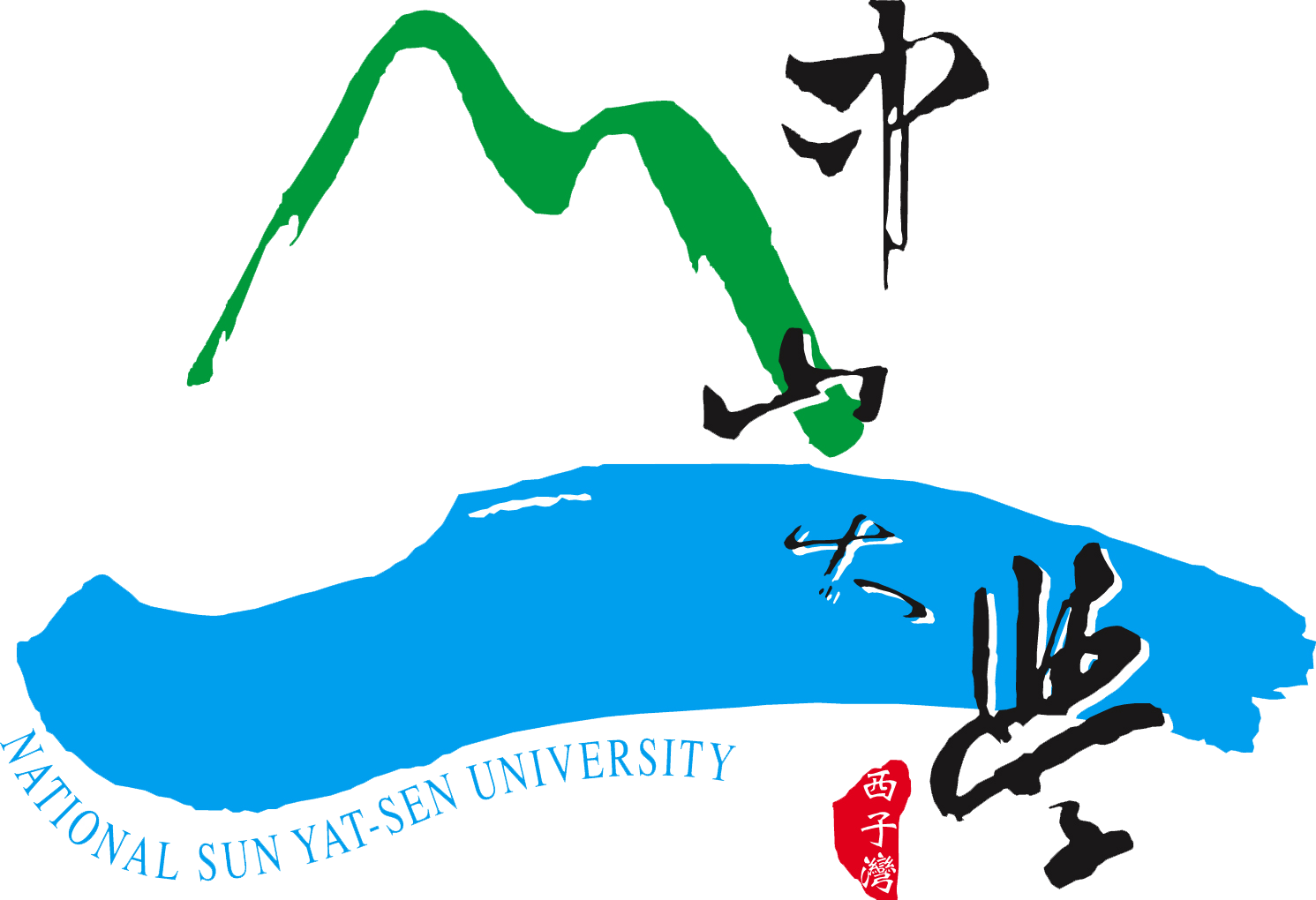Benthic Organisms and Molecular Ecology Lab
Research Field
My research interests focus on the evolution, population connectivity, phylogeography in different spatial scales, as well as systematics and species boundaries of coral reef fishes and benthic organisms associated with coral reefs. Currently, I collaborate with various international scientists who share the same interests and common goal with me.
To tackle the genetic connectivity of marine organisms, I applied both Sanger and massively parallel sequencing methods on different marine species. During the past 5 years, I have focused on several projects, including deep-sea coral connectivity by using both microsatellite loci and RADseq, possible dispersal mechanism of spoon grass (Halophila ovalis) by microsatellite, and macroevolution pattern of fang blennies by using phylogenetic comparative methods. Besides academic research, I also devoted myself to educating students to love and care about our ocean by understanding the role and function of marine organisms as well as marine ecosystems. Recently, I have been engaging in a seagrass restoration project, which involved developing a suitability model to pinpoint the locations that have the potential for seagrass restoration and small-scale restoration as a trial. As a molecular ecologist, I spend half of my time in the field and half in the lab, so I won't get tired of each. I am doing a job that I dream of, and if you also have a dream to be a marine biology feel free to join us.
In my lab, you can have a chance to dive into the coral reefs of Taiwan and conduct a field survey in the intertidal zone (seagrass bed specifically). It will be good that you are a certified diver, if you are not a diver, you are qualified if you are not afraid of water.
During your stay, you will be able to learn how to use molecular tools to target specific ecological or evolutionary questions. English is the primary language that we use for communication in the lab because I have students from different countries, and I welcome you to be part of it.
- Species boundary of marine organisms.
- Using eDNA as a proxy to detect the change in biodiversity.
- DNA barcoding.
- Population connectivity of marine organisms.
- Transect survey.
- NSYSU Excellence Teacher in Teaching Award
- NSYSU Excellent Teacher in Academic Research
- NSYSU Young Scholar Awards
- National Sun Yat-sen University Pilot Teacher
- Faculty's EMI (English Medium Instruction) Course Reward
I received my PhD from National Taiwan University, Institute of Oceanography. I had four post-Dr. experiences before joining the Department of Marine Biotechnology and Resources as a faculty member, which included a one-year stay at UCLA with Professor Paul Barber. I joined my department in 2015 as an Assistant Professor and was promoted to full Professor in 2024 Aug.
1 Vacancy
Job Description
Including hands-on field surveys and data analyses.
Preferred Intern Education Level
Undergrad student/candidate with bachelor's or Master's degree
Skill sets or Qualities
enthusiasm, not afraid of water, ocean lover
Internship-related fee required by the school/institution
Interns who conduct their internship on campus must apply as visiting students at least 1 month before their arrival. They are required to pay the fees listed on this page
<https://oia.nsysu.edu.tw/p/412-1308-20683.php?Lang=en>
and complete registration/leaving procedures. Please note that NSYSU does not provide on-campus housing for visiting students. Interns will have to look for off-campus housing by themselves. Off-campus housing resources can be found on this page
<https://oia.nsysu.edu.tw/p/412-1308-20683.php?Lang=en>
2 Vacancies
Job Description
Involving Sanger sequencing, microsatellite genotyping and eDNA
Preferred Intern Education Level
Undergrad student/ candidate with bachelor's or master's degree
Skill sets or Qualities
Scuba Diving certification (open water)/good swimmer/ not afraid of water
Have some experience in molecular experiments.
Internship-related fee required by the school/institution
Interns who conduct their internship on campus must apply as visiting students at least 1 month before their arrival. They are required to pay the fees listed on this page
<https://oia.nsysu.edu.tw/p/412-1308-20683.php?Lang=en>
and complete registration/leaving procedures. Please note that NSYSU does not provide on-campus housing for visiting students. Interns will have to look for off-campus housing by themselves. Off-campus housing resources can be found on this page
<https://oia.nsysu.edu.tw/p/412-1308-20683.php?Lang=en>
